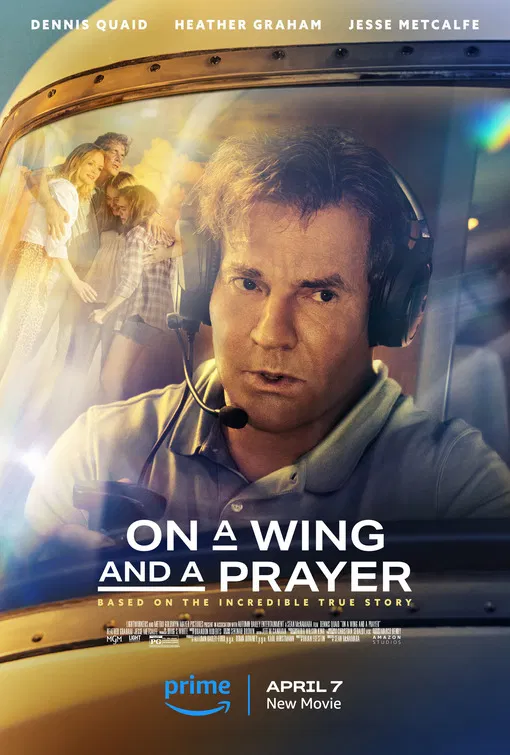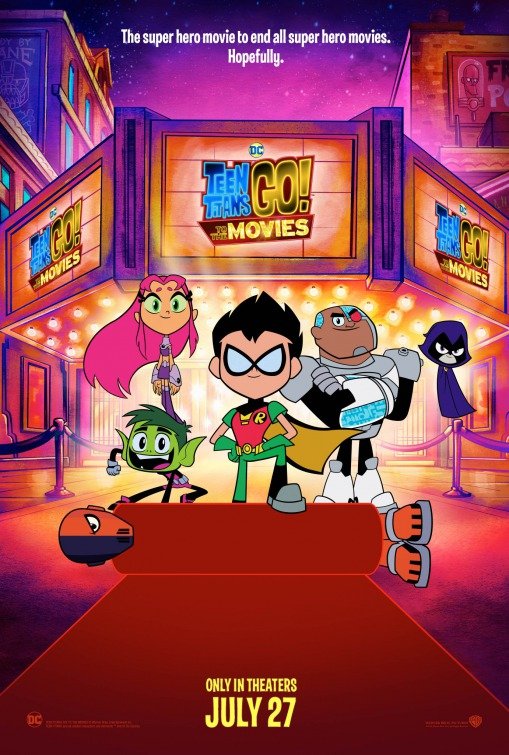
Are Studio Execs Seriously Considering AI to Remake Old Movies?
By Movieguide® Contributor
As AI’s capability to create evermore realistic products grows, Georgia lawmakers and Atlanta-based moviemakers discussed how they hope the technology will be implemented in the future.
Frank Patterson, the CEO of Trilith Studios in Atlanta, told lawmakers in a state hearing that he hopes the technology will be allowed to revamp old movies to make them more palatable for modern audiences.
“My son, when he was younger, didn’t want to watch a movie that was in black and white, and didn’t like the old language and the old tone,” Patterson said. “We can fix all that now with these AI tools. Which for the studios that have libraries of content — I didn’t want WILLY WONKA to be remade, the 1960s version. But they remade it. We should have just used the AI technologies to contemporize the story, right?”
For Patterson, that is the extent to which he hopes the tech will be allowed to prosper in the industry, although he admitted that he has considered using AI to further cut costs. However, he understands that certain practices that might save him money now could be detrimental to the entertainment industry in the long run.
The particular practice he advised lawmakers to consider the implications of is for studios to generate background people using the technology rather than hiring extras.
“We [could] be creating humans that don’t exist. So I’m also stuck in this place where I want extras and all these great Georgians who are in movies to be able to get $100 and come watch a movie and enjoy it, and we’re actually showing real Georgians,” Patterson said. “If the cost gets too much, we can just put a bunch of humans that don’t exist digitally in the background and we’re not infringing on anyone’s rights, but we’re harming actors at large.”
“So this is a struggle that we don’t have an answer to right now,” he continued. “But I do think [there should be] clear protections from the state about how you can use image and likeness publicly and license it accordingly.”
Without lawmaker oversight, some studios might choose to do the wrong thing, looking out only for themselves. Thankfully, Georgia lawmakers appear to be on the side of actors and want to push for strong protections.
“Think about what salaries are for actors versus what if they had decided, ‘Hey you know what, we’re going to launch the whole MCU without actors at all,” said state Senator Ed Setlzer. “‘We’re not going to deal with their schedule, with their issues, the like to have Diet Pepsi on set.’ All that stuff for people could just go away because we’re just going to manufacture it.”
“The reason Robert Downey Jr. gets the paycheck he gets is because something is going on in his brain, God help him, something is going on in his brain that causes him to respond the way he does, that causes us to really like him and love him and connect with him, and we are nowhere near close to getting that [with AI],” Patterson added, discussing the current limitations of the tech.
As this question is considered in Georgia, similar discussions are being held across the nation as every part of the entertainment industry questions how the technology can be implemented in the best way.
In the video game industry, for example, creatives have reached a conclusion that differs from the major studios, causing a massive rift. After nearly two years of negotiations, both sides reached a standstill, and the video game workers went on strike to get their demands for strong AI protection met.
Movieguide® previously reported:
Now three weeks into their strike, video game performers explained why they believe they need to fight for stronger protection from AI than has yet been seen.
Video game performers began striking on July 26, providing negotiators with the leverage they needed to nail down final changes in language about AI protection. Though this step negatively impacts the industry, SAG-AFTRA felt it had no choice after negotiations that had begun in October of 2022 came to a standstill.
As is the case with every other negotiation that has taken place in recent years, the sticking point for these talks comes from disagreements over the use of AI. SAG-AFTRA negotiators are pushing for the broadest protections yet, while the major studios feel they have given everything they can.
“Under our AI proposal, if we want to use a digital replica of an actor to generate a new performance of them in a game, we have to seek consent and pay them fairly for its use,” said Audrey Cooling, a representative for the major studios. “These are robust protections, which are entirely consistent with or better than other entertainment industry agreements the union has signed.”
Questions or comments? Please write to us here.


 - Content:
- Content: 
 – Content:
– Content: 
